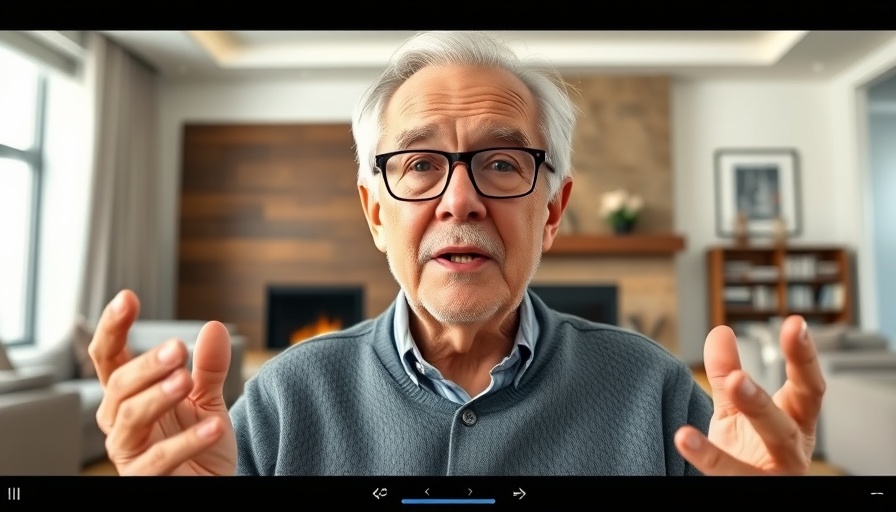
Understanding the Discrepancy: Patients vs. Physicians
In a groundbreaking study led by Philip Mease, MD, researchers explored the often-overlooked concerns of psoriatic arthritis (PsA) patients. By conducting focus groups in multiple cities, it became clear that while patients prioritized issues like fatigue, sleep disturbances, and uncertainty about their futures, physicians often undervalued these concerns. Such discrepancies point to a significant gap in understanding patient experiences, highlighting the need for tailored, empathetic healthcare practices.
Empathy in Patient Care: The Unspoken Necessity
Patients suffering from PsA expressed feelings of uncertainty and vulnerability about their conditions, revealing an essential aspect of care that goes beyond physical symptoms. The findings illustrate that healthcare providers must recognize the emotional toll of these diseases and engage with their patients on a deeper level. Understanding the psychological aspects of illness can greatly enhance the therapeutic alliance between patients and healthcare professionals.
Future Implications: Shaping Research and Practice
This study holds critical implications not only for the understanding of patient priorities but also for future research. As plans unfold to investigate gender-based differences in the experiences of PsA patients, this presents an opportunity to generate more holistic approaches to treatment. The potential collaboration with organizations like the National Psoriasis Foundation offers additional resources and support for both patients and healthcare providers.
The Road Ahead: Integrating Findings into Practice
For practitioners, it’s vital to adopt a more patient-centric approach by integrating these findings into their daily practice. This could include creating open dialogues, encouraging patients to voice their concerns, and actively considering the emotional aspects of their symptoms during treatment. Such changes will not only improve patient satisfaction but may also lead to enhanced treatment outcomes.
 Add Row
Add Row  Add
Add 

 Add Element
Add Element 


Write A Comment